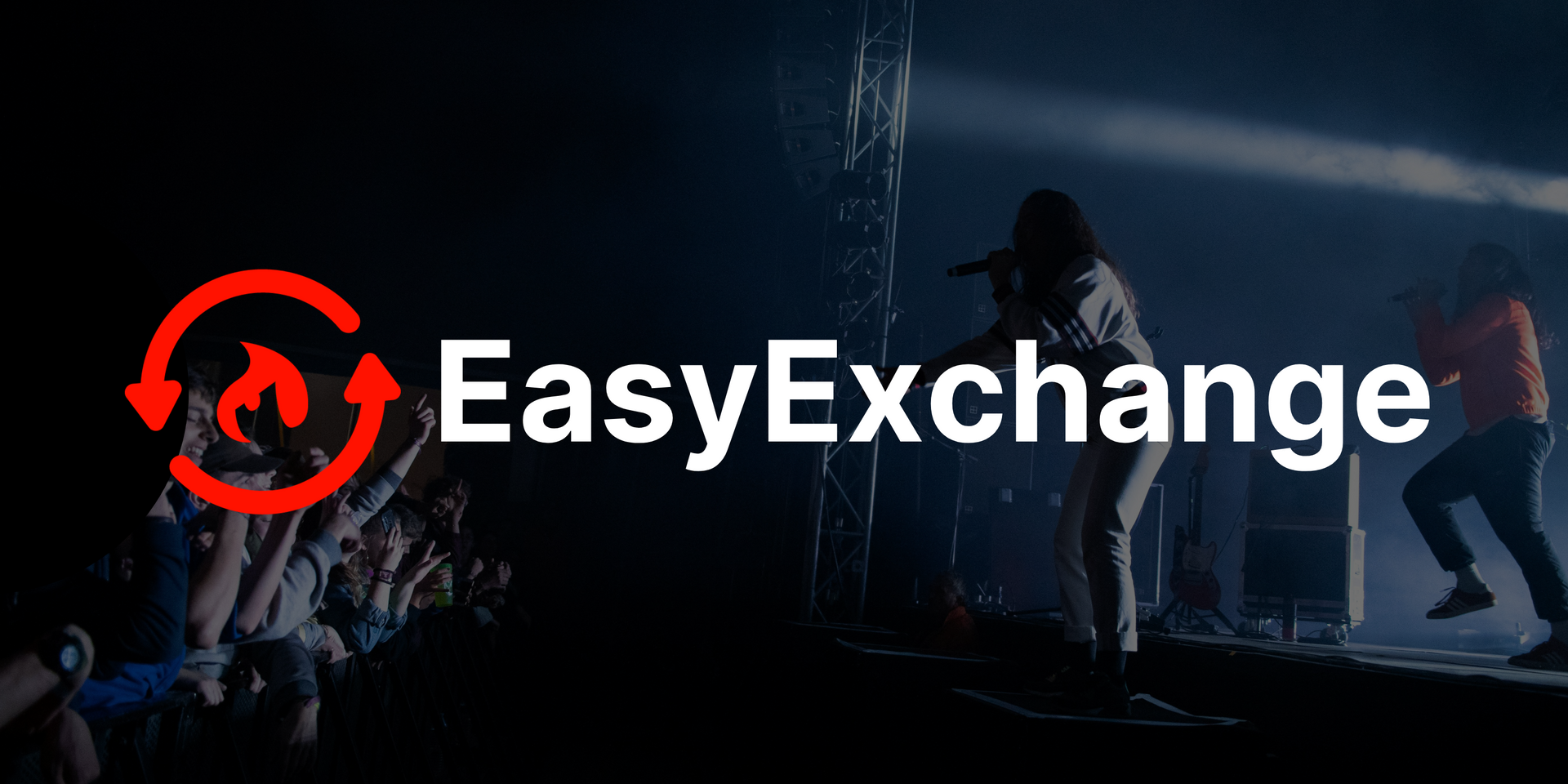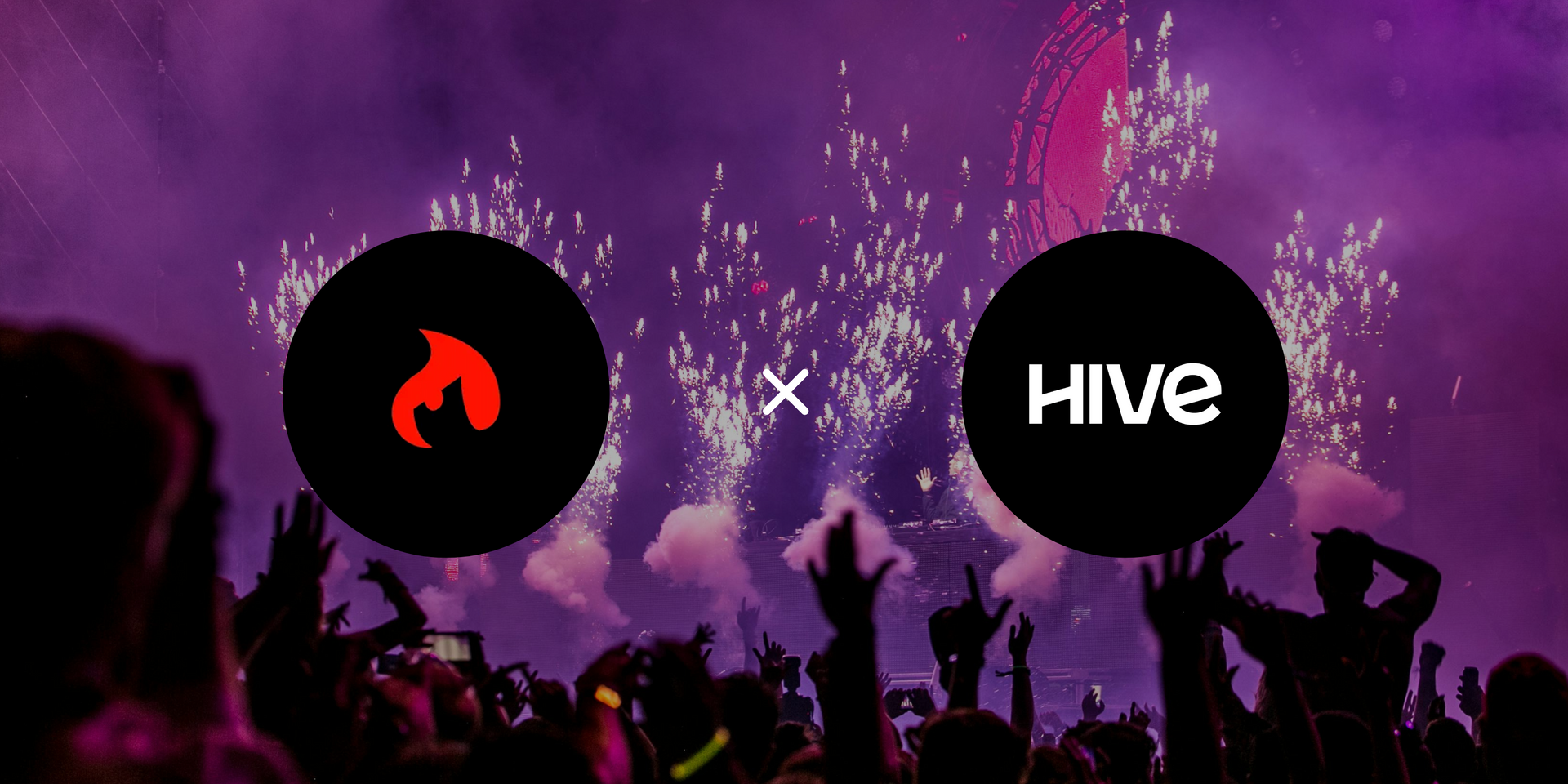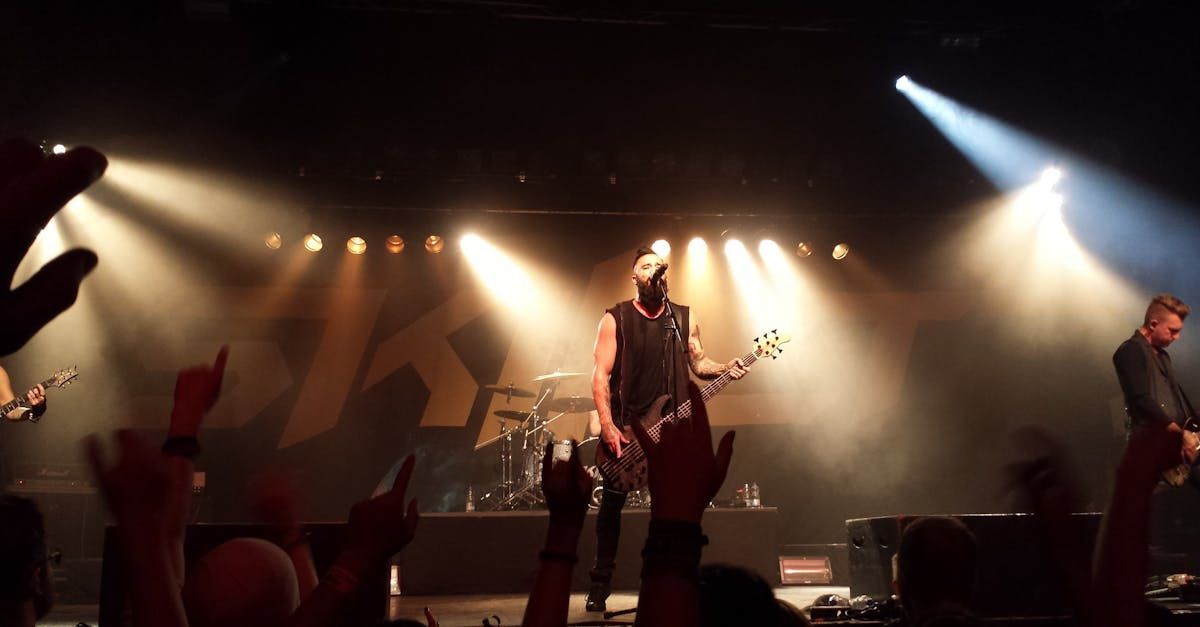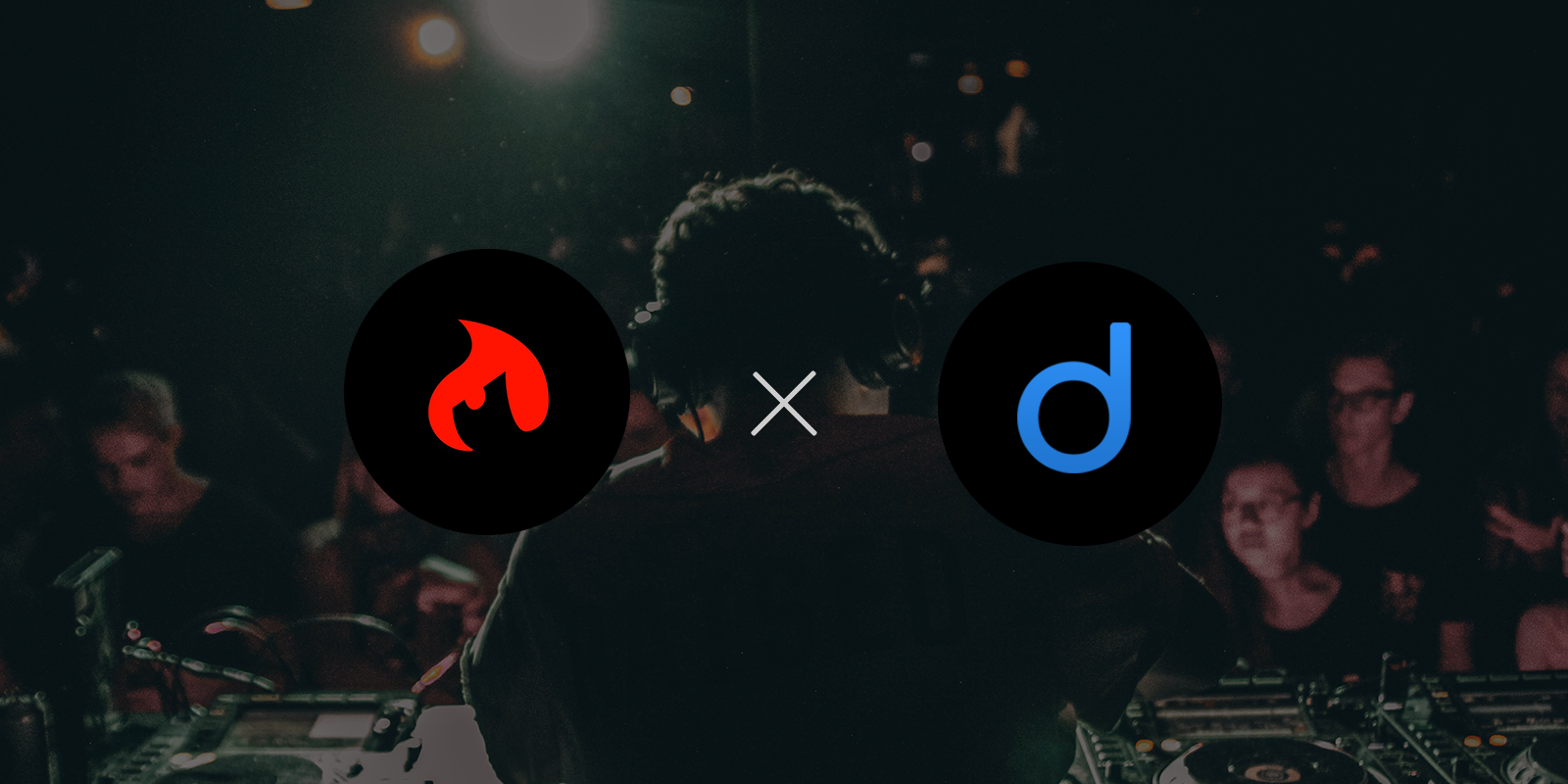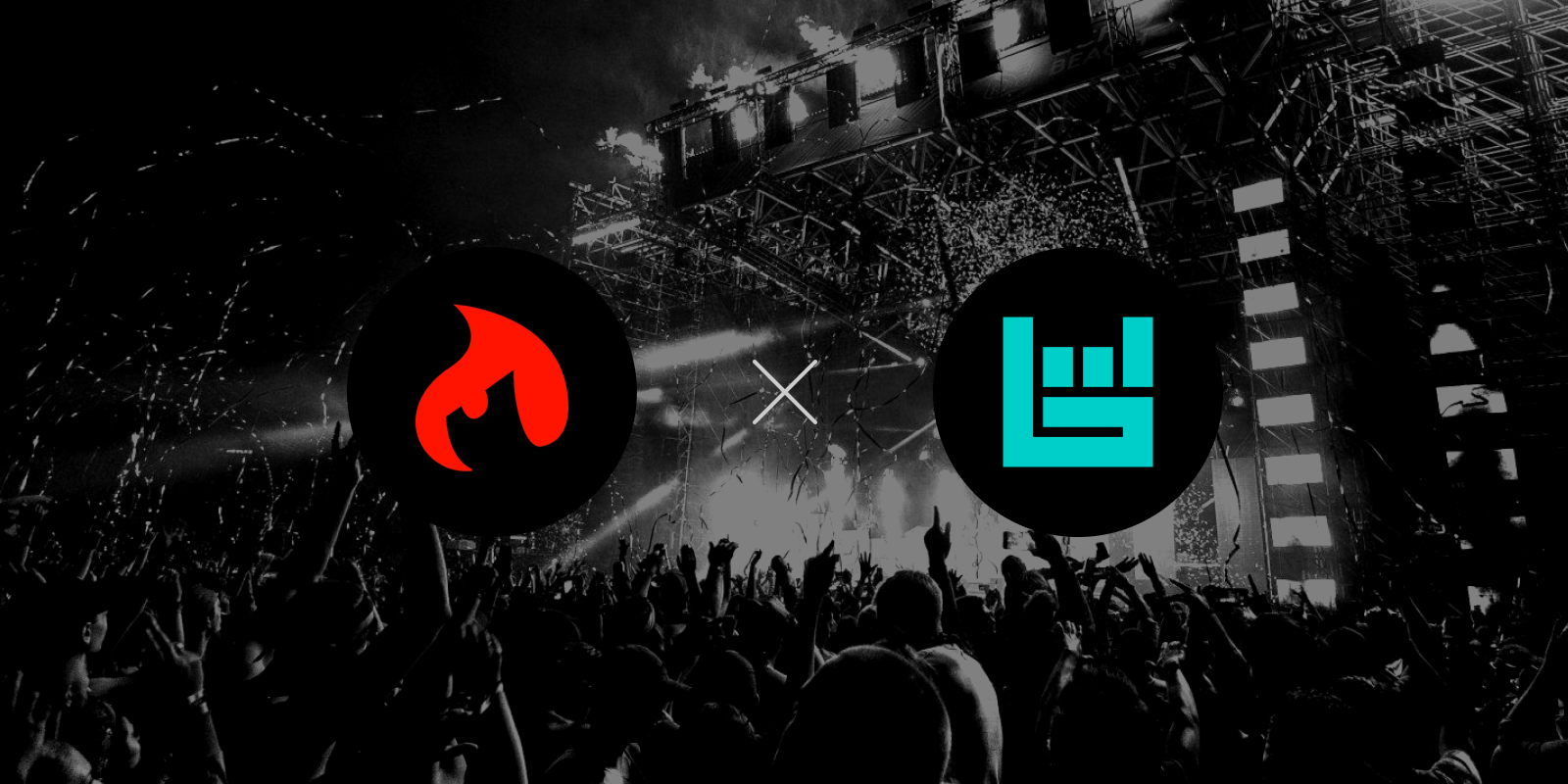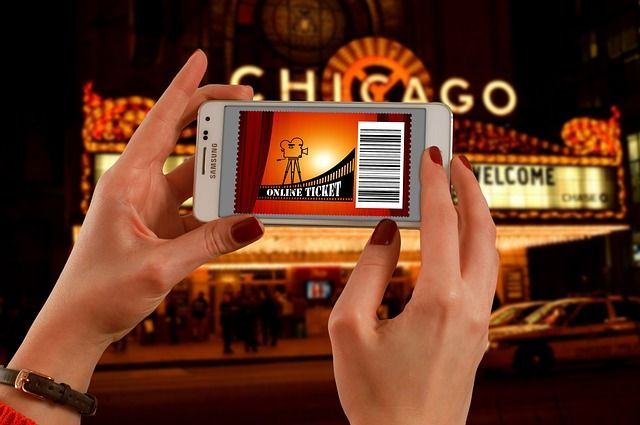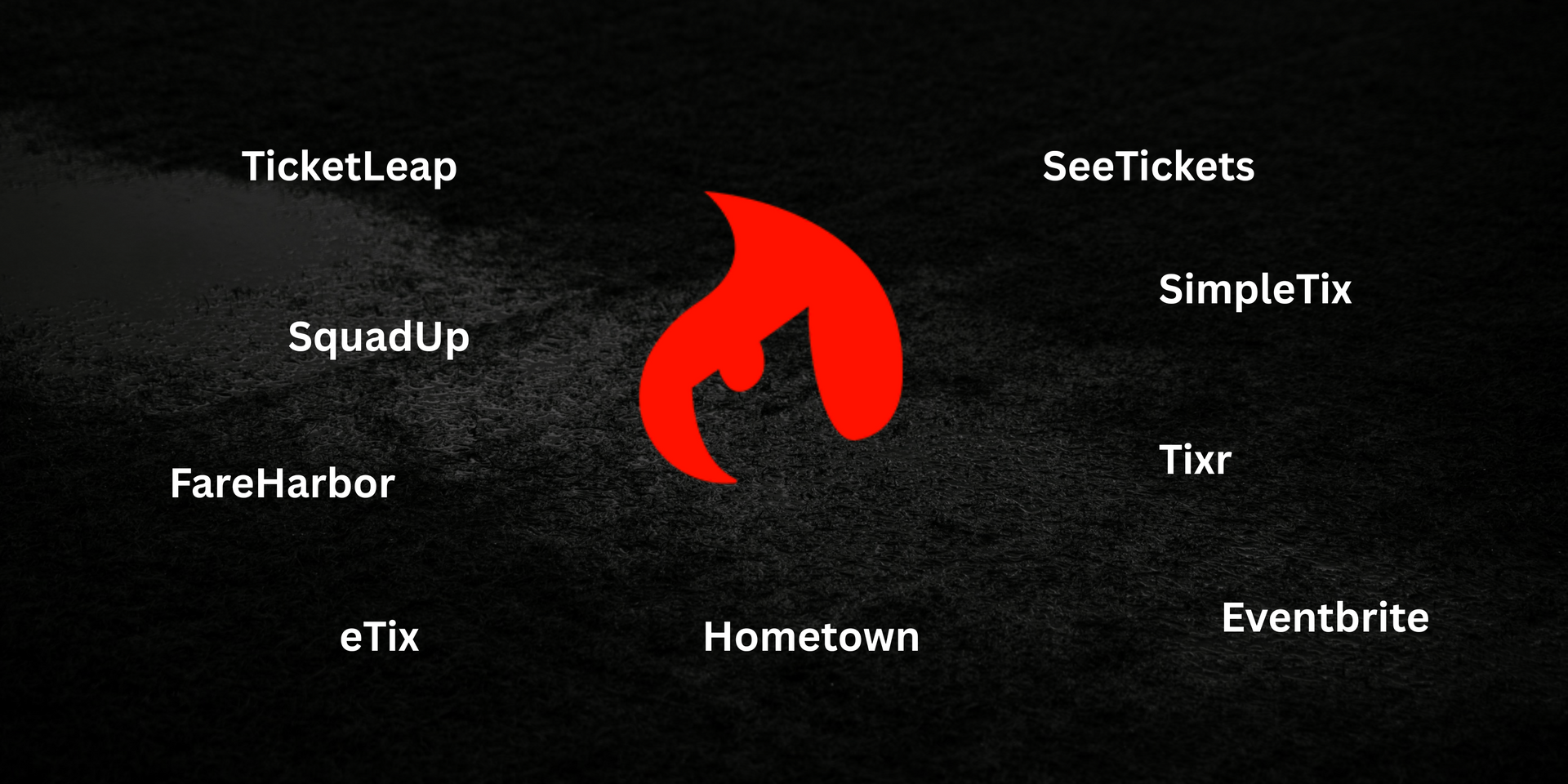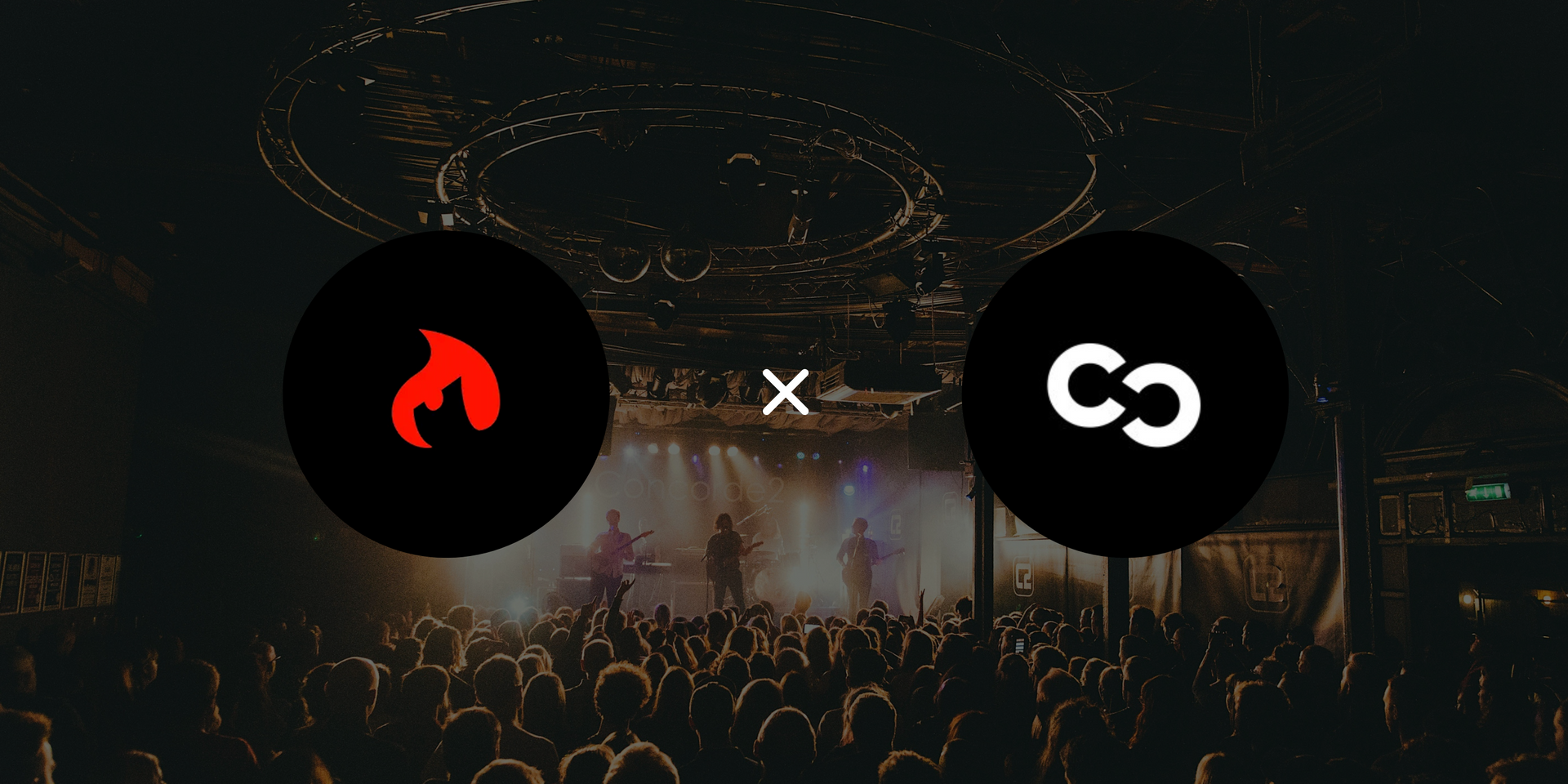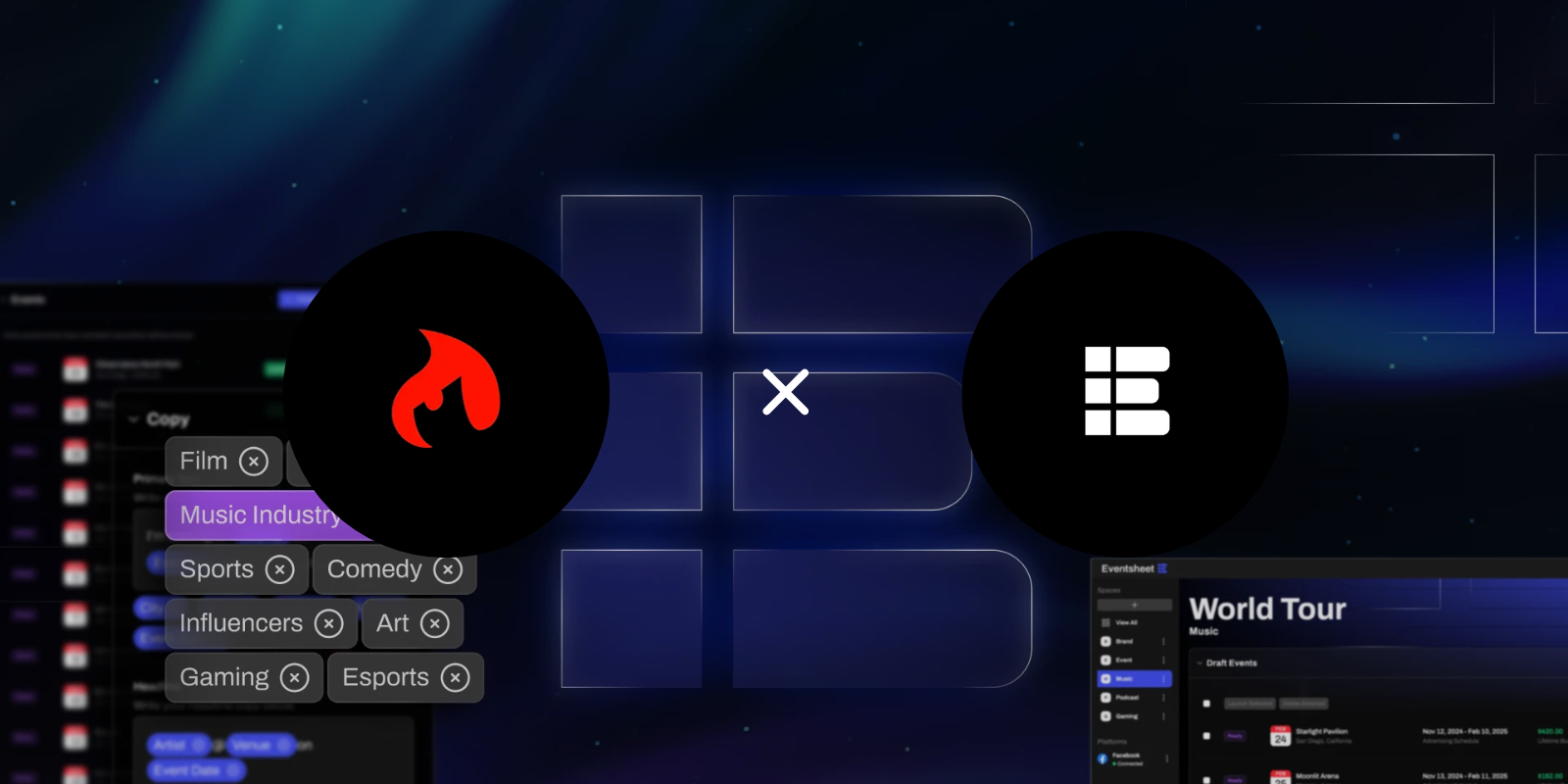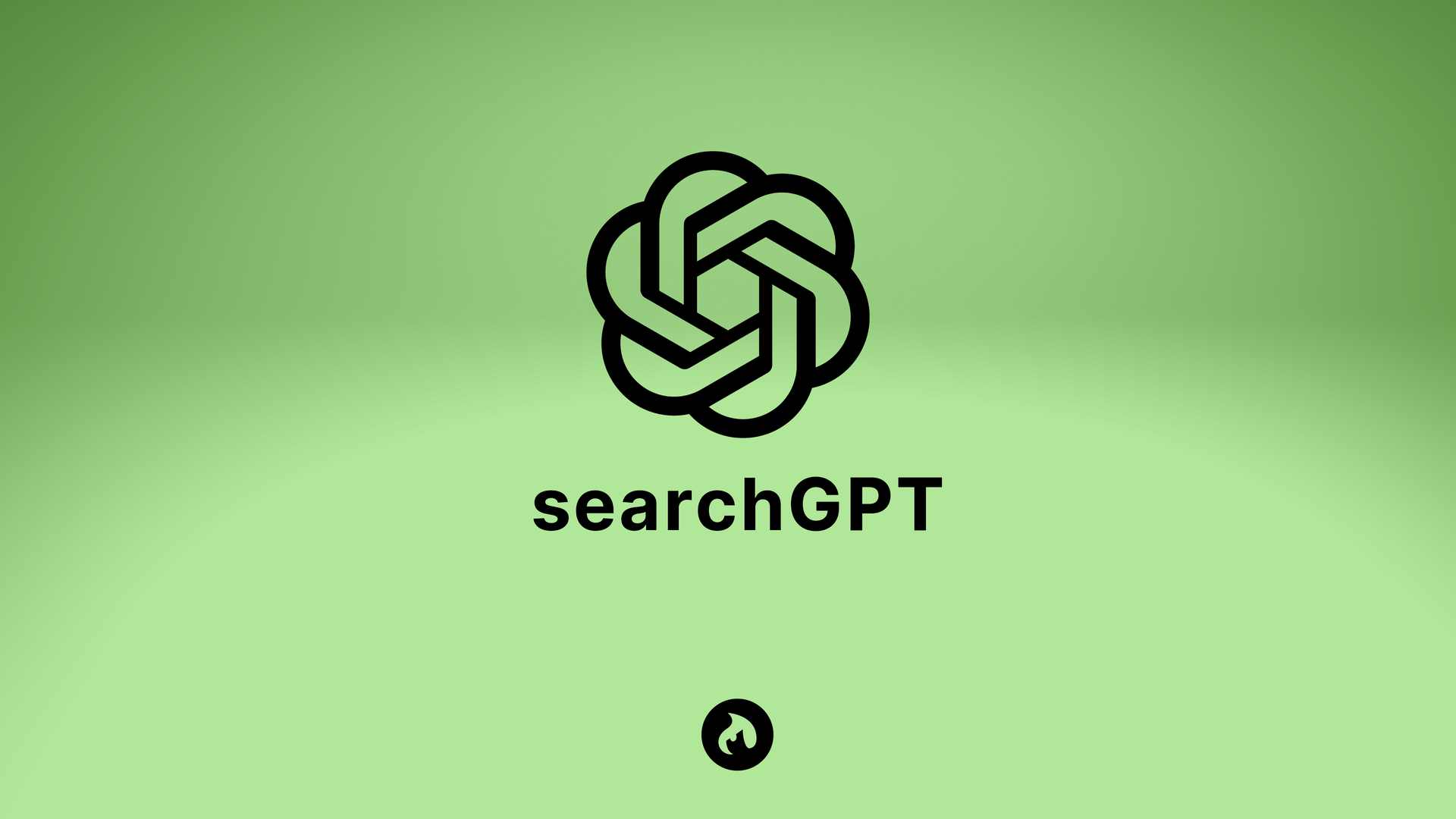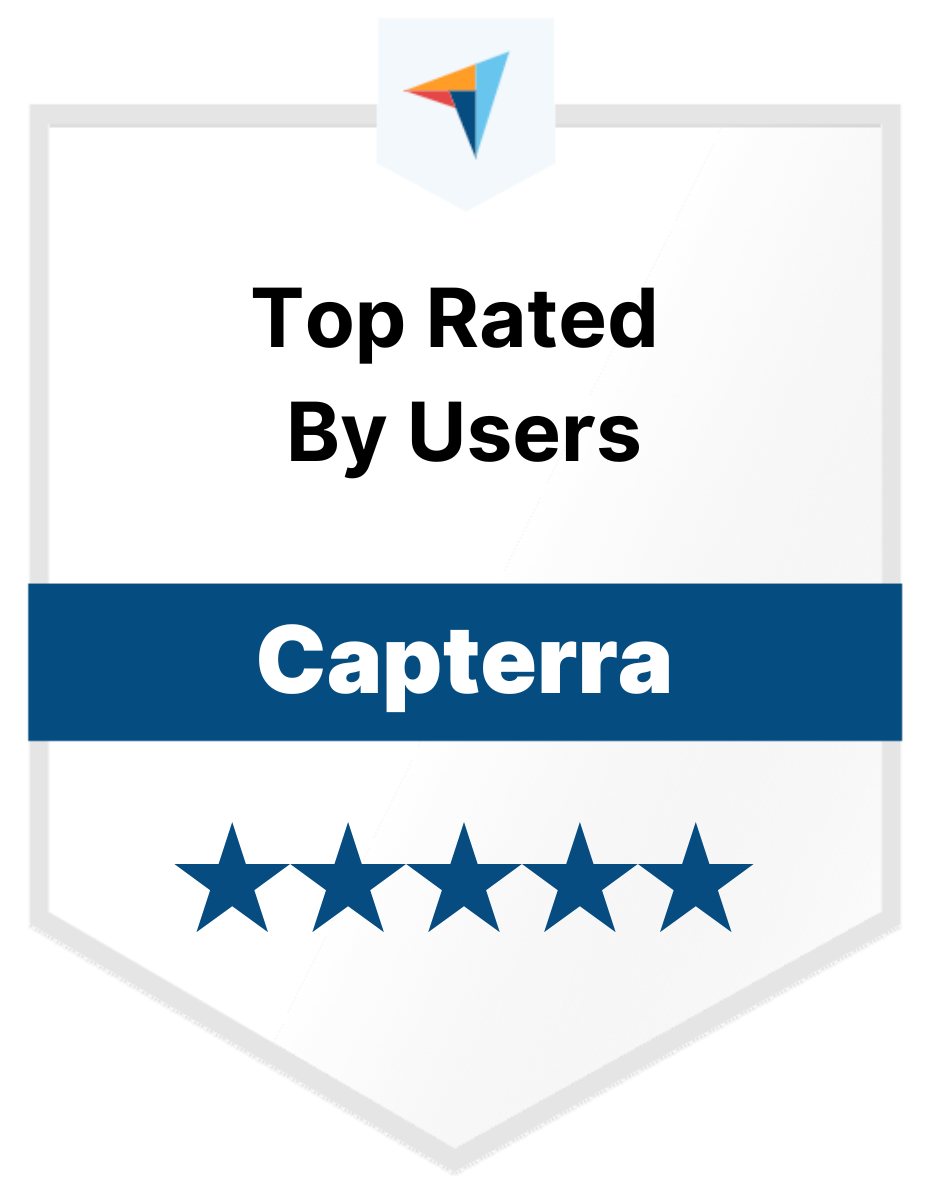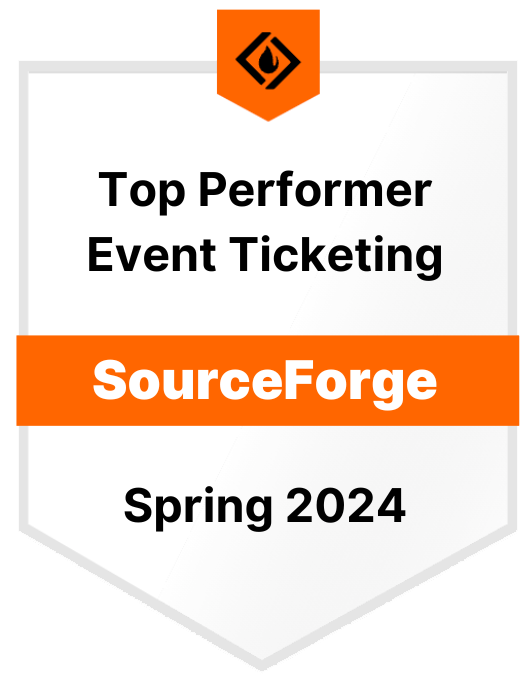Essential Strategies for Sponsor and Vendor Management at Your Festivals, Fairs and Events in 2024
Recap of the Vendor and Sponsor Strategy Webinar with EventHub
In today’s highly competitive event landscape, effectively managing sponsors and vendors is crucial for maximizing revenue and ensuring a successful event. During our recent webinar, we were joined by Michael Blue, founder of Event Hub, who shared invaluable insights on how to optimize vendor and sponsor management. With years of experience and a robust platform that serves hundreds of festivals, fairs, and sporting events, Michael provided actionable strategies that can help you increase sponsor engagement, streamline operations, and boost your event’s bottom line.
Whether you're planning a small community festival or a large-scale event, these takeaways will guide you in leveraging technology and best practices to enhance your sponsor and vendor relationships. Below are the key takeaways from the webinar.
Here are our key takeaways:
Create Premium Inventory to Maximize Revenue: Identifying and designating premium vendor spaces, such as corner booths or locations near high-traffic areas, can significantly boost your event’s revenue. These premium spots are often the first to sell out, as vendors are willing to pay more for the perceived value of a better location. Even if your event is already underway, reclassifying available spaces as premium can still generate additional income.
Use Interactive Maps Early in the Sales Cycle: An event map is not just a logistical tool but a powerful visual aid in the sales process. Interactive maps allow sponsors and vendors to see their potential placement, creating a sense of urgency and scarcity that can drive quicker decision-making. Using these maps from the onset of your sales cycle helps in communicating the value of prime locations, ultimately leading to more sales.
Optimize Your Digital Sales Funnel: A well-optimized website is crucial for converting potential sponsors and vendors. Ensure that your site has a clear and intuitive path for sponsors and vendors to find information and contact you. Highlight past sponsors, showcase available opportunities, and use FOMO (Fear of Missing Out) tactics by displaying logos of current or previous sponsors. This transparency and ease of navigation can significantly increase your conversion rates.
Leverage Digital Sponsorship Assets: Integrating sponsors into your ticketing experience offers a unique and valuable opportunity to provide additional visibility. Custom branding on tickets, segmented by type, as well as branded emails, can be powerful tools for enhancing sponsor engagement. This integration not only adds value to your sponsorship packages but also provides a seamless experience for ticket buyers.
By implementing these strategies, you can elevate your event’s sponsor and vendor management to new heights. Whether you’re just starting your planning process or looking to optimize an ongoing event, the insights shared in this webinar provide a roadmap for success. Be sure to explore how platforms like Event Hub and Ticketsauce can further enhance your event operations and revenue potential.
Sell More Tickets with Ticketsauce
Request a Demo of EventHub
Summarized Overview of Marketing Webinar with EventHub
In our latest webinar, we were thrilled to host Michael Blue, the founder of Event Hub, to discuss the essential aspects of event sponsor and vendor management. Michael shared his deep insights and practical tips for maximizing revenue and streamlining operations for events of all sizes, from small community festivals to large-scale fairs. Here's an extensive recap of the key points covered during the session:
Introduction and Overview
We kicked off the webinar by emphasizing our commitment to providing solutions that help you sell more tickets and manage your events more effectively. Michael Blue, with his extensive experience in working with hundreds of festivals and fairs, was the perfect guest to share insights on enhancing vendor and sponsor relationships. Notably, Event Hub has become a reseller of Ticketsauce, allowing them to integrate ticketing services with their platform, offering a seamless experience for event producers.
Maximizing Vendor and Sponsor Revenue
Creating Premium Inventory: Michael advised identifying and creating premium vendor spaces, such as corner or island booths, which can be priced higher due to their strategic location and expected foot traffic.
Even if an event is already in progress, it's possible to carve out and reclassify premium spots, often resulting in these spaces selling out first due to their perceived value.
Utilizing Event Layouts and Maps: An event map is not just a logistical tool but a powerful sales asset. Michael emphasized the importance of using a visual layout early in the sales cycle to pitch to sponsors and vendors.
Interactive maps, like those provided by Event Hub, enhance the sales process by allowing potential sponsors and vendors to visualize their presence at the event, creating a sense of urgency and scarcity.
Optimizing the Digital Sales Funnel: Your event website should have a clear and intuitive path for sponsors and vendors to find relevant information and contact you. A well-optimized sales funnel with easy navigation and transparent communication is crucial.
Creating FOMO (Fear of Missing Out) by showcasing past sponsors and featuring their logos prominently on your site encourages potential sponsors to join in.
Leveraging Event Hub’s Platform
Vendor and Sponsor Management: Event Hub's platform offers a comprehensive solution for managing vendor and sponsor applications, paperwork, and logistics. The system allows event organizers to easily communicate with vendors and sponsors, ensuring smooth operations leading up to and during the event.
The platform’s marketplace feature, with over 90,000 users, offers additional exposure and opportunities for vendors and sponsors to engage with events, driving more revenue through targeted placements.
Interactive Maps: The interactive maps provided by Event Hub are mobile-friendly and include features like vendor directories, sponsor pages, and links to external sites, which enhance the overall event experience for attendees and participants alike.
Advanced Sponsorship Opportunities
Digital Sponsorship Assets: Integrating sponsors into the ticketing experience through Ticketsauce’s platform allows for branded tickets, segmented by ticket type (VIP, general admission, etc.), and customized messaging on print-at-home and mobile tickets.
Email campaigns can also be branded by sponsors, providing additional visibility and value to sponsors who are looking to engage with event attendees directly.
Bundling Sponsorship Impressions: Michael discussed the concept of bundling sponsorship impressions across multiple events, a strategy that can be particularly effective for smaller events or those looking to attract larger, national brands.
The idea of a collective sponsor model, where sponsors can gain exposure across a network of events, offers a scalable solution that benefits both the event organizers and the sponsors.
Practical Tips and Best Practices
Clear Communication and Workflow: Effective communication with vendors and sponsors is critical. This includes timely updates on booth assignments, logistical details, and reminders via multiple channels (email, text messages).
Event Hub’s integration with Ticketsauce also allows for QR code check-ins for vendors, which streamlines the process and enhances operational efficiency.
Curating Vendor Spaces: When curating vendor spaces, it’s important to strategically place vendors in locations that maximize foot traffic and visibility. Consider the flow of the event and how attendees will navigate through the space.
Final Thoughts
This webinar provided valuable insights into the world of event sponsor and vendor management. By leveraging tools like Event Hub and Ticketsauce, event organizers can not only increase their revenue but also improve the overall experience for vendors, sponsors, and attendees. The integration of ticketing with vendor and sponsor management platforms offers a powerful solution for streamlining operations and maximizing event success.
